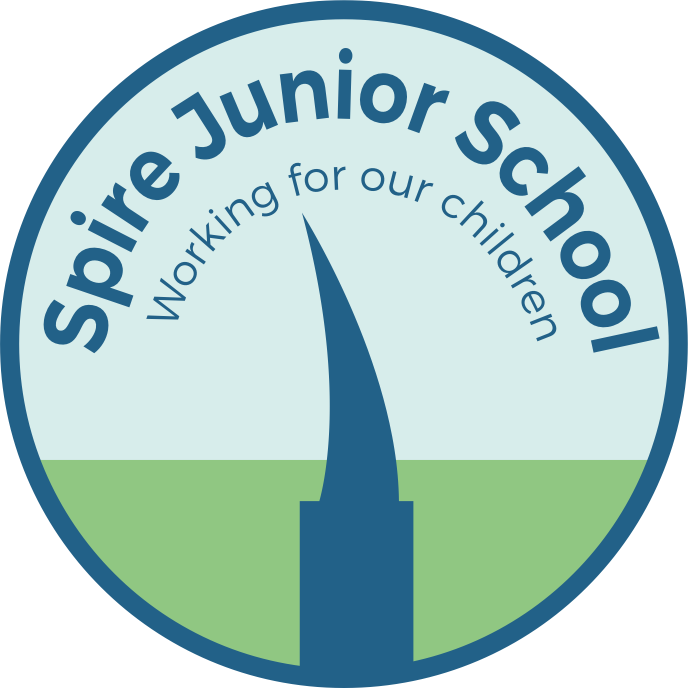Music
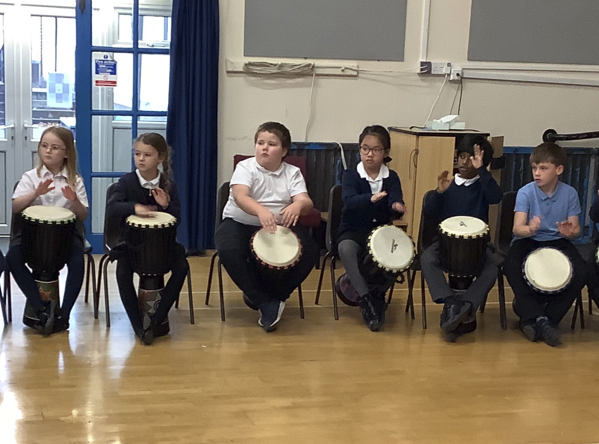
Overview of the Subject:
At Spire, we aim to develop a passion and lifelong love for music by allowing children to appreciate a wide range of different musical styles. Through assemblies and key stage performances, children are given the opportunity to showcase their talent individually and as a collective group. Children will be given the opportunity to perform, both in singing and using a range of instruments. They will also learn to appreciate recorded and live performances by their peers and musicians.
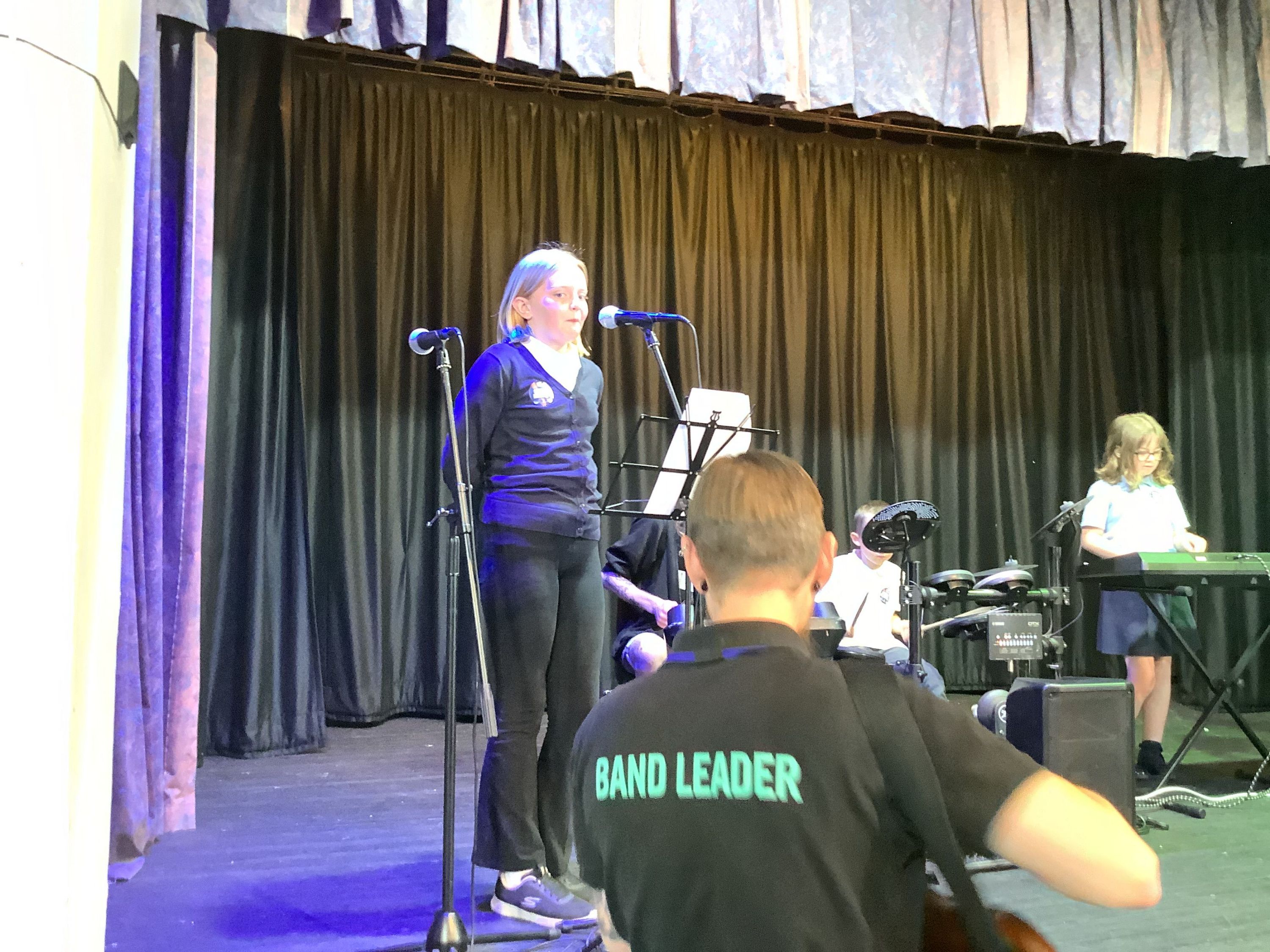
Subject Information:
Intent:
At Spire the intention is to focus on developing the skills, knowledge and understanding that children need in order to become confident performers, composers, and listeners. We aim to give children a firm understanding of what music is through listening, singing, playing, evaluating, analysing, and composing. We provide children with the vocabulary and understanding so that they can critically evaluate music from any era.
Our music curriculum introduces children to music from all around the world and across generations. It teaches children to respect and appreciate music from a range of different cultures, traditions and communities. Children will develop the musical skills of singing, playing tuned and untuned instruments, improvising and composing music, and listening and responding to music.
Our music curriculum is designed to progressively develop children’s skills and confidence in music, through regular enjoyable lessons. The music curriculum helps children to develop transferable skills such as team-work, leadership, creative thinking, problem-solving, decision-making, and presentation and performance skills. These skills are essential to children’s development throughout their journey at Spire.
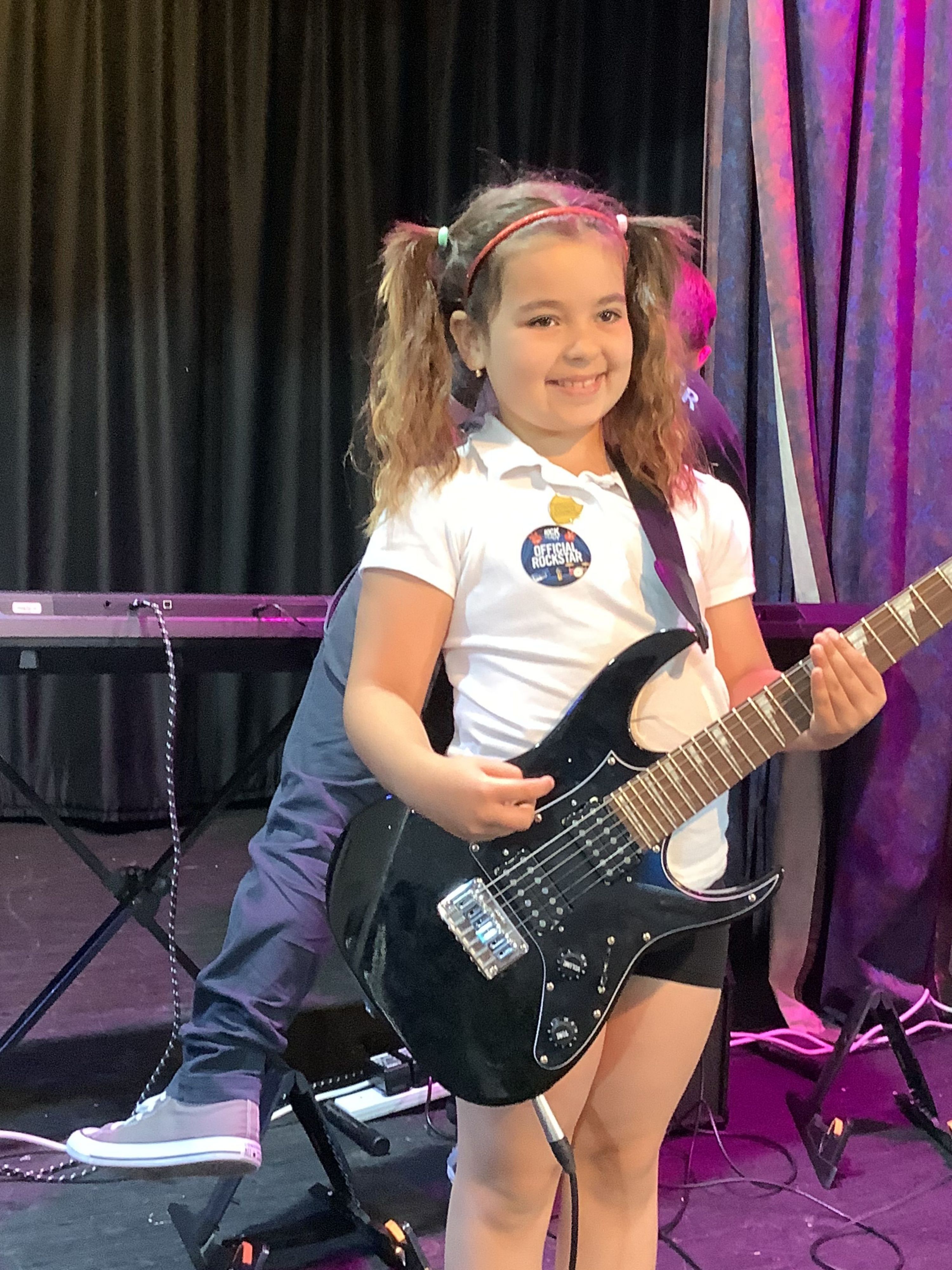
Implementation:
Music at Spire is taught in a whole class setting, using the Kapow Music scheme of work. The music curriculum ensures students sing, listen, play, perform and evaluate. This is embedded in the classroom activities as well as the weekly singing assemblies, various concerts and performances and the learning of instruments.
The children will actively participate in musical activities from a range of styles and traditions, developing their musical skills and their understanding of how music works. Lessons involve a range of different approaches from independent tasks, paired and group work, as well as improvisation and teacher-led performances. The lessons are differentiated so that every lesson can be accessed by all pupils. Children are taught key facts and vocabulary about each unit of work so that they can evaluate it, and understand how it is made, played, appreciated and analysed.
In the classroom, students learn how to play tuned and untuned percussion instruments. In doing so, they understand the different principles of each method of creating notes, as well as learning how to read basic music.
Children at Spire have the opportunity to take part in African drumming in Year 3/4, individually taught sessions through Rock Steady and to take part in the Young Voices Performance in Upper Key Stage 2.
Impact:
The children at Spire are engaged and excited by our music curriculum. The skills that they are taught enable them to appreciate a range of different music throughout their lives. Children are able to become performers, composers and listeners, who are able to evaluate and express themselves musically at school and within their further life.
Our children show an appreciation and respect for a range of music from a variety of genres across a variety of generations, which enables the children to express their enthusiasm for music. Our children progress throughout the music curriculum, which enables them to meet the expectations of the National Curriculum. While at Spire, the children will have access to a varied programme, which allows students to discover areas of strength, as well as areas they might like to improve upon.
Importantly, music will also help to inform children about different cultures and traditions from around the world. This greater acceptance of diversity can help children to be able to confidently share music from their cultural background. They can analyse music and understand its parts. They have an understanding of how to further develop skills less known to them, should they ever develop an interest in their lives.
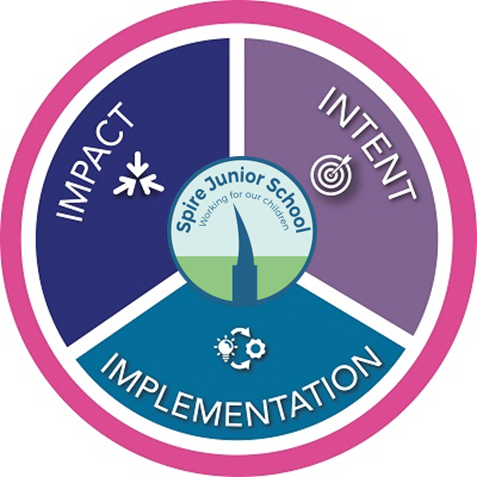
What are music lessons like?
Each lesson will involve either singing, playing tuned and untuned instruments, improvising and composing music, and listening or responding to music. An interactive PowerPoint is then used to maximise enjoyment and encourage as many connections to real life situations as possible. Each class has a regular 30- 45 minute lesson of Music per week in order to ensure progression and skills development. Lessons focus on a full range of different music, genres from around the world.
Long-term subject overview:

What else is happening in music?
We will be having musical performances and showcases throughout the year to get the children the opportunity to improve their performance skills. Children also take part in a celebratory parade during the summer term.
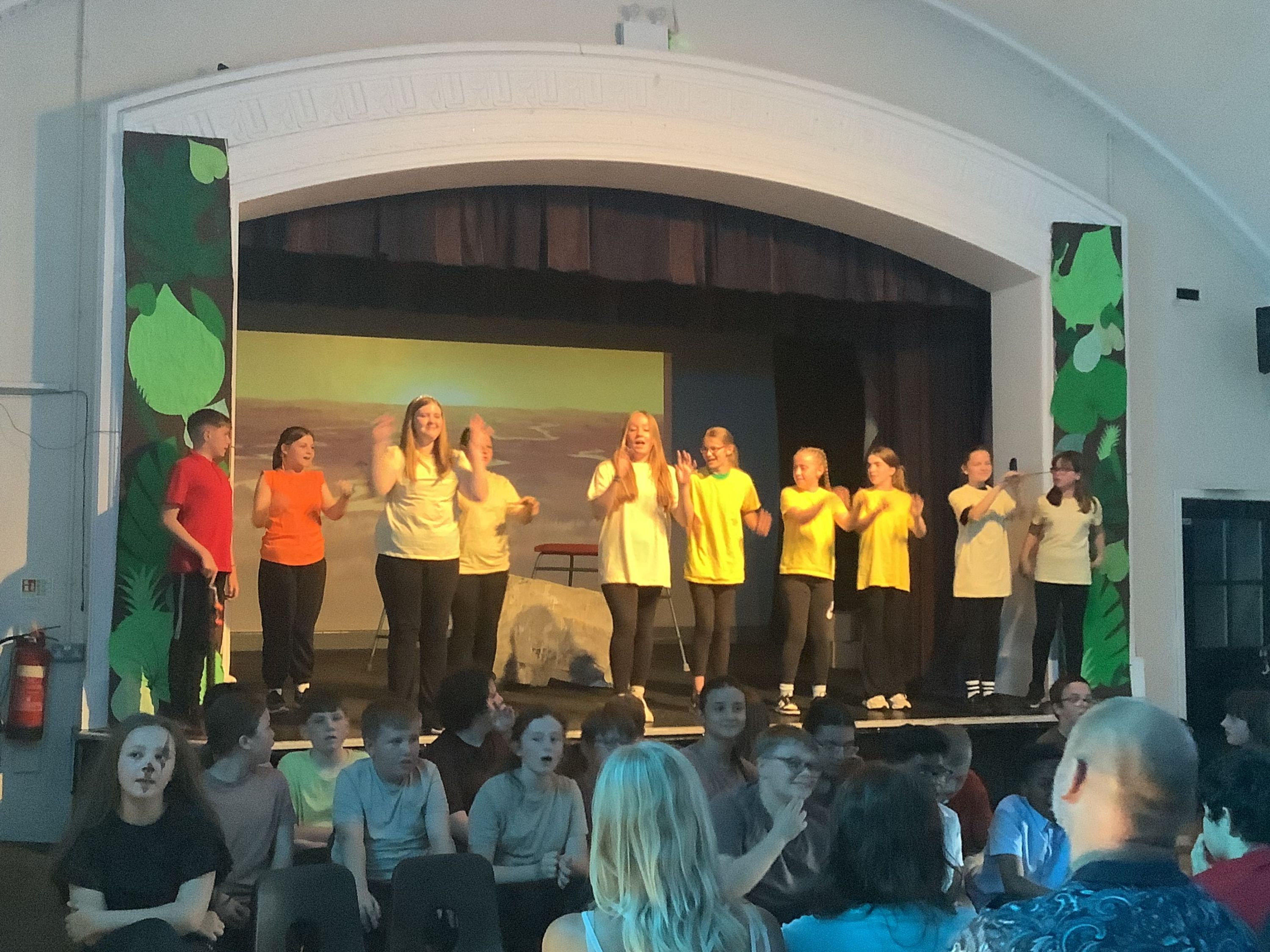
Music at home:
https://www.bbc.co.uk/teach/school-radio/articles/z6762sg
https://www.bbc.co.uk/teach/ten-pieces
https://www.abrsm.org/en-gb/for-learners/apps-and-practice-tools
https://cansing.org.uk/prif.php?iaith=en
https://www.classicsforkids.com/
https://www.music-education.co.uk
